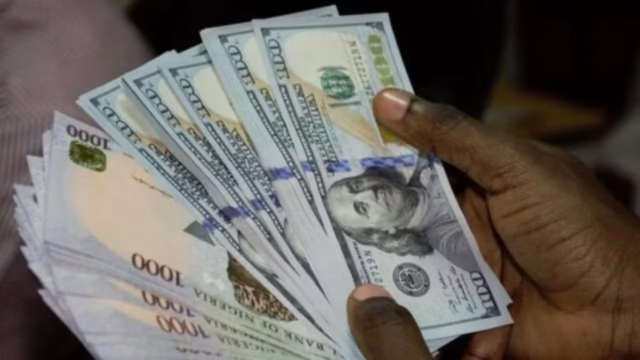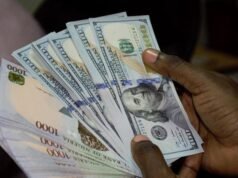Nigeria’s Macroeconomic Milestone: Foreign Reserves Hit $46 Billion for the First Time Since 2018
The Nigerian economy has hit a major turning point, with the nation’s foreign reserves soaring past the $46 billion mark. This monumental achievement, disclosed by CBN Governor Yemi Cardoso at a recent colloquium in Abuja, marks the first time Nigeria has reached this level since 2018.
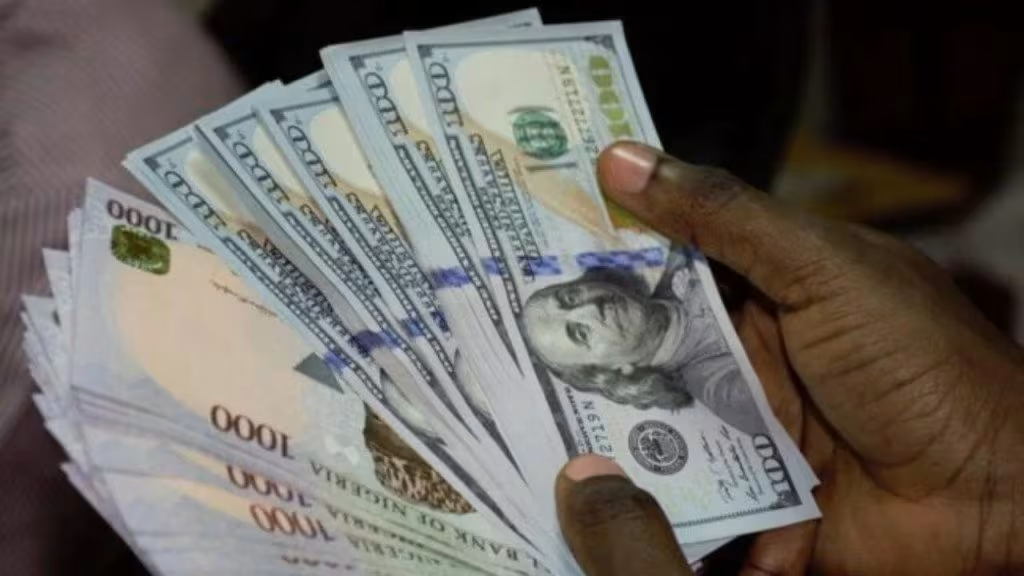
This significant rise strengthens the country’s defense of the Naira and reinforces the commitment of the Central Bank of Nigeria (CBN) to its ongoing FX market reforms and tighter monetary policies.
Table of Contents
The Milestone: Nigeria’s Foreign Reserves Hit $46 Billion
What $46 Billion Means: The Import Cover Advantage
Strategic Uses: What Nigeria Can Do with $46 Billion
Impact on Nigerians: Will Life Get Easier?
1. The Milestone: Nigeria’s Foreign Reserves Hit $46 Billion
CBN Governor Yemi Cardoso confirmed that the nation’s external reserves have risen to over $46 billion. This growth is a critical indicator of improving macroeconomic stability, driven by factors such as stronger crude oil receipts, improved non-oil inflows, and the CBN’s efforts to rebuild investor trust through market-friendly reforms.
Economists view this stronger reserve position as a crucial buffer against external shocks and a powerful tool to manage persistent foreign exchange (FX) demand pressures.
2. What $46 Billion Means: The Import Cover Advantage
The size of a nation’s foreign reserves is typically measured by its Import Cover—how many months of imports the reserves can finance. The new $46 billion level achieves a major stability benchmark:
| Metric | Details | Significance |
| Current Reserves | Over $46 Billion | Highest level since 2018. |
| Import Cover | Over 10 Months | Far exceeds the global threshold of three months recommended for economic stability. |
| Market Sentiment | Bolstered Confidence | Improves Nigeria’s credit outlook and signals the CBN’s capacity for market intervention. |
A high import cover places Nigeria in a much stronger position for future fiscal planning, including the 2026 budget.
3. Strategic Uses: What Nigeria Can Do with $46 Billion
The $46 billion is not sitting idle; it serves several critical functions that support the entire Nigerian economy.
A. Defending the Naira and FX Stability
The primary use of a portion of the reserves is to defend the Naira. By periodically injecting dollars into the official market, the CBN can manage volatility and prevent sharp, destabilizing depreciation. This strategic deployment is essential to anchor expectations and support the success of the current floating exchange rate regime.
B. Managing External Debt
A higher reserve position allows Nigeria to service its external debt obligations more easily and on time. This promptness improves the country’s sovereign credit rating, leading to better terms when seeking future international loans or investments.
C. Attracting Portfolio Investment
The robust reserves act as an assurance mechanism for foreign investors. A strong reserve balance signals to international funds that they can reliably repatriate their earnings, encouraging significant portfolio inflows (FPI) into Nigeria’s fixed-income and equity markets. These inflows are crucial for providing long-term liquidity.
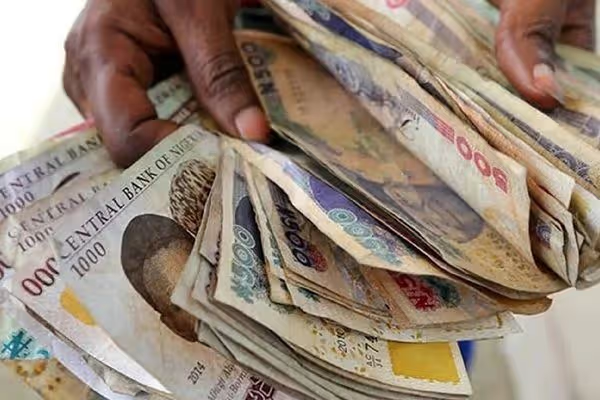
4. Impact on Nigerians: Will Life Get Easier?
The increase in reserves is a positive fundamental shift, but the impact on the daily lives of Nigerians is generally indirect and gradual.
Positive Indirect Effects:
Lower Inflation: A stable Naira, supported by higher reserves, makes imported goods (raw materials, machinery, finished products) cheaper in local currency terms. Over time, this helps to reduce the high rate of inflation currently squeezing household budgets.
Business Confidence: Businesses that rely on imported inputs (manufacturers, pharmaceutical companies) will find it easier to access foreign exchange, stabilizing production costs and improving supply chains. This should eventually translate to more stable retail prices and job security.
Reduced Volatility: For individuals and businesses dealing in international trade, reduced currency volatility makes planning and pricing easier, taking some risk out of economic activities.
The Caveat: Not an Immediate Fix
It’s important to note that the $46 billion will not immediately fix issues like infrastructure deficits or the high cost of food. For life to truly become easier, the reserve strength must be coupled with sustained domestic policies that:
Boost Local Production: Reducing import dependence to lower the structural demand for dollars.
Maintain Tight Monetary Policy: Ensuring the gains are not eroded by excessive money supply leading to inflation.
In conclusion, the $46 billion provides a strong foundation and a buffer against economic shocks, offering the CBN the firepower needed to continue its reforms. It is the judicious application of this financial strength that will determine how quickly and effectively life improves for the average Nigerian.
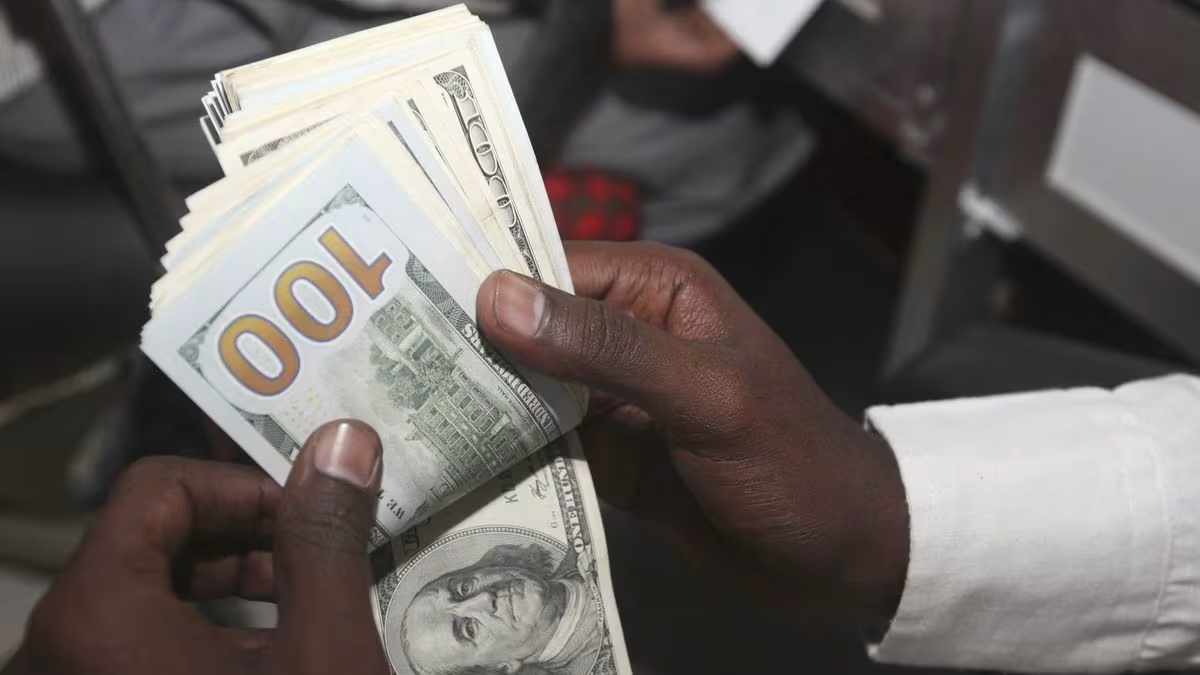
How long do you think it will take for this increased reserve level to visibly reduce inflation and improve foreign exchange liquidity for local businesses?


